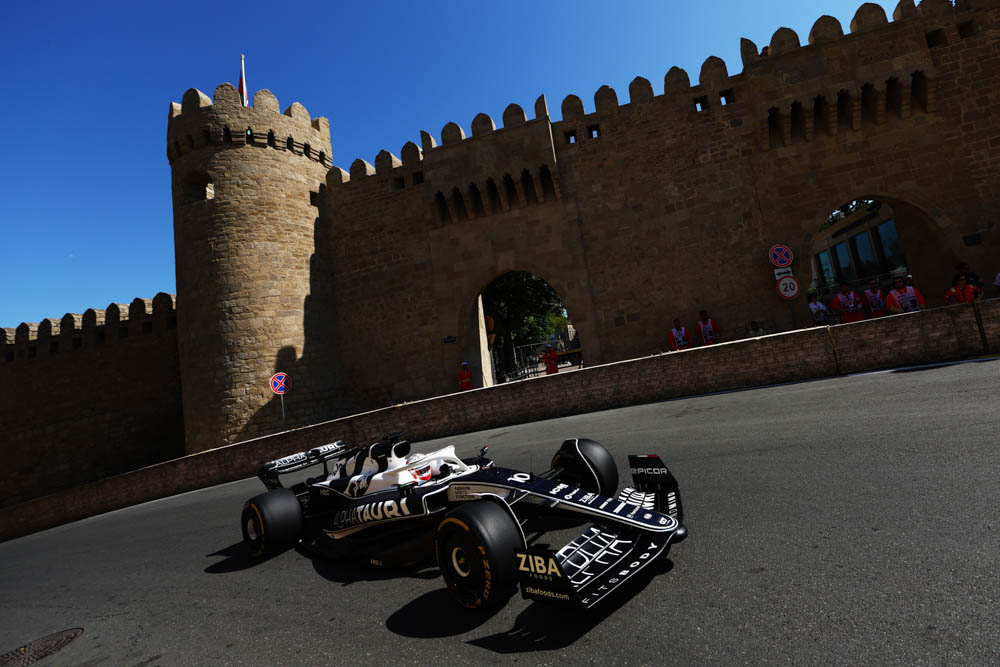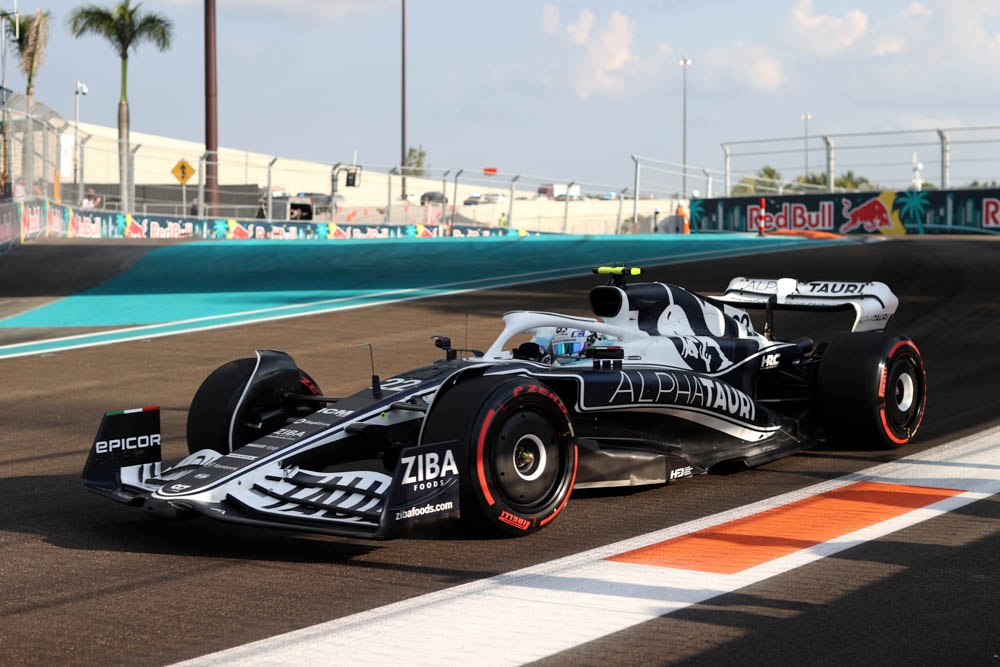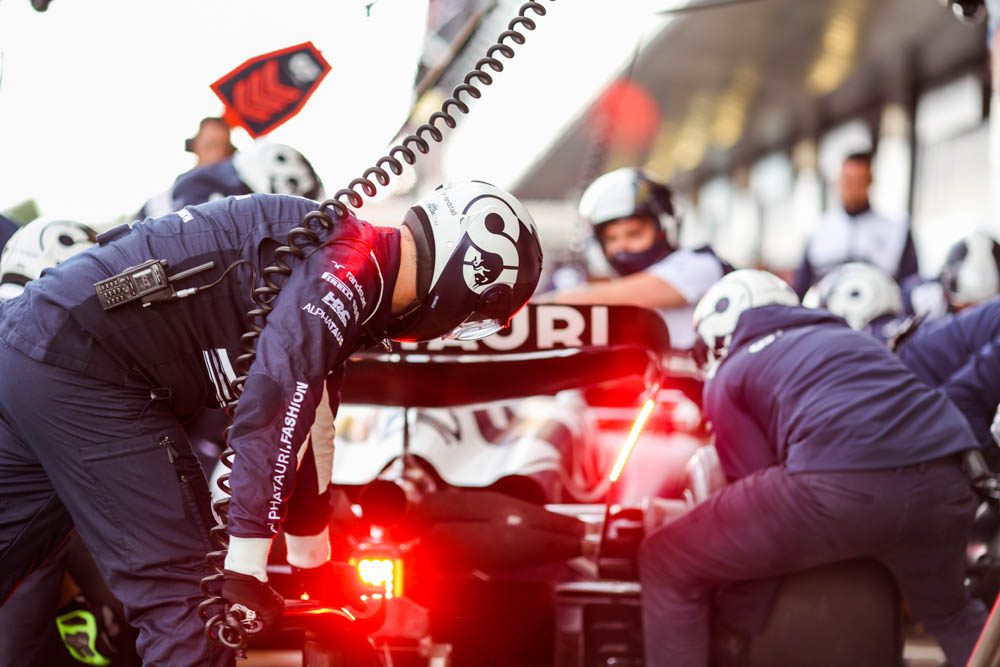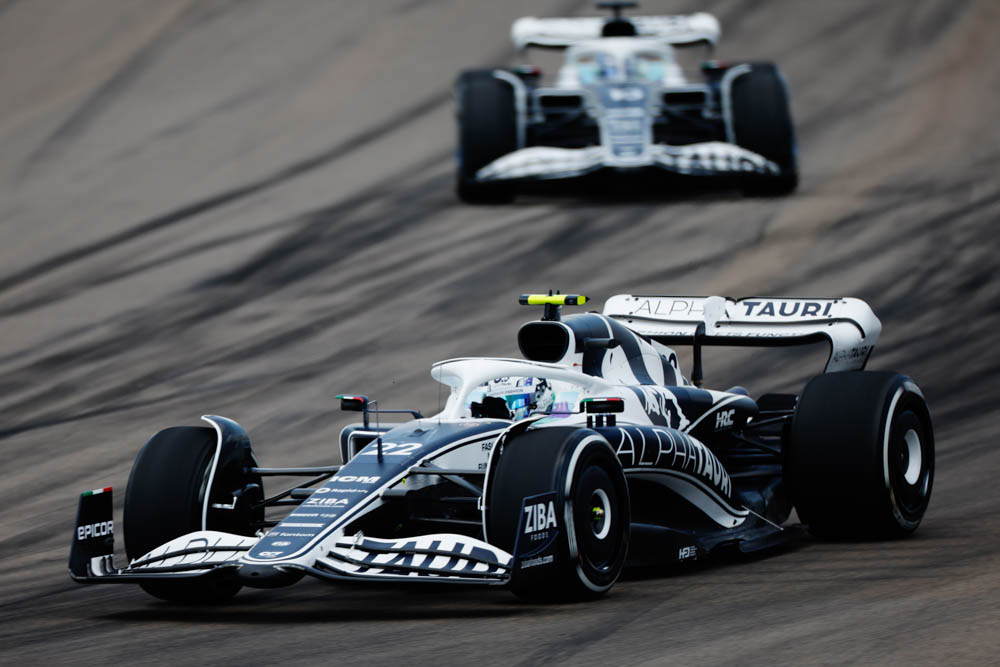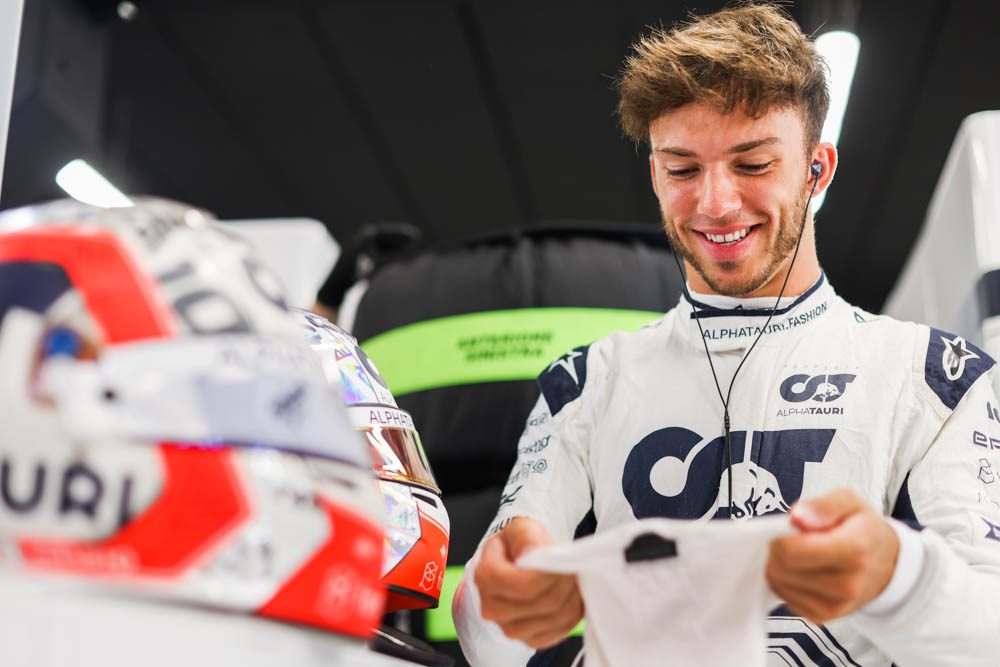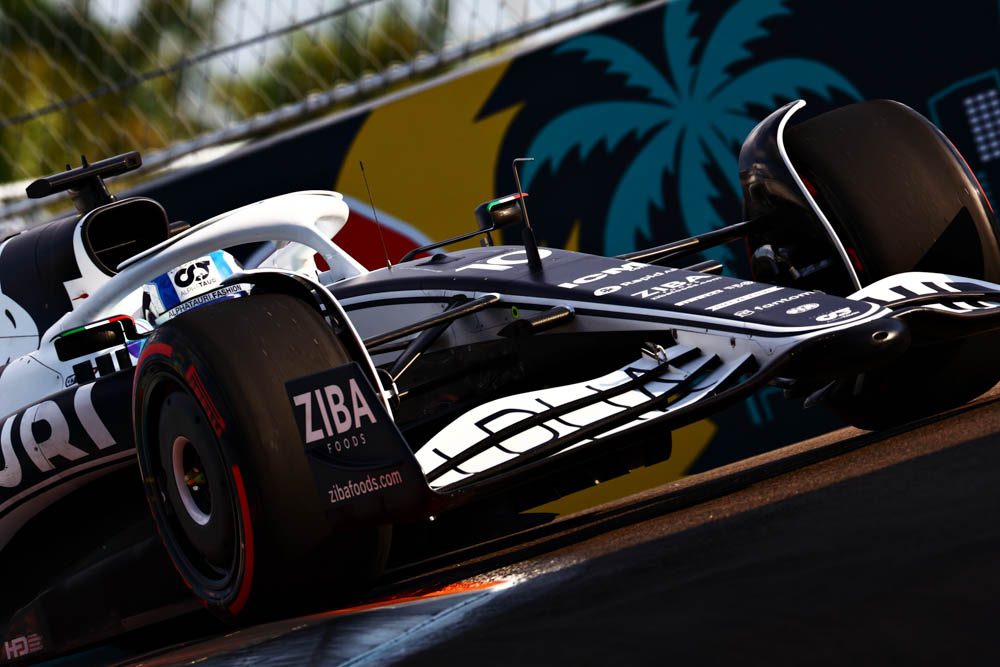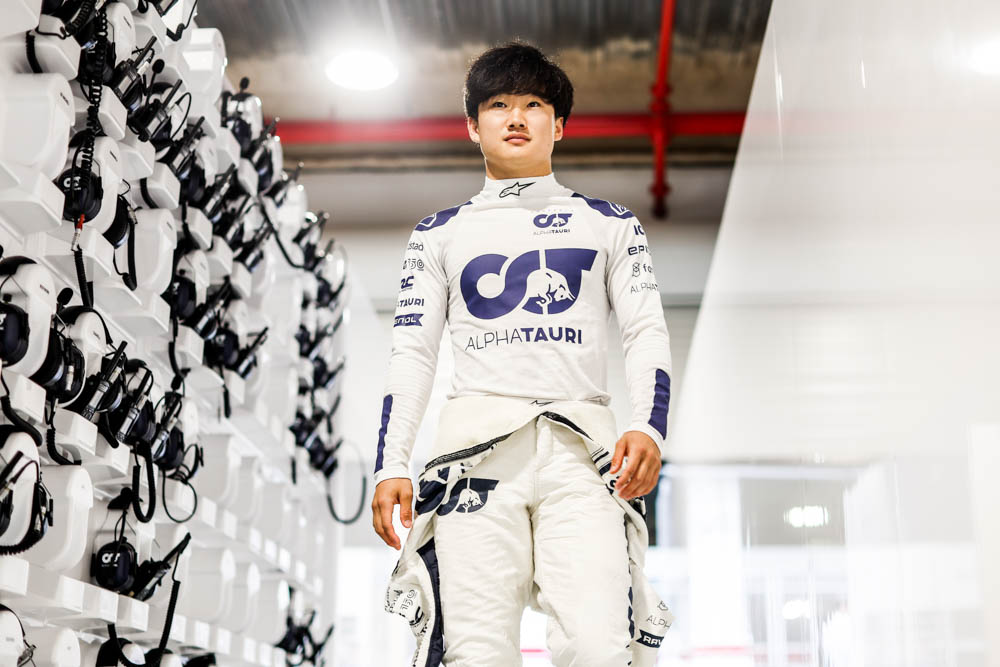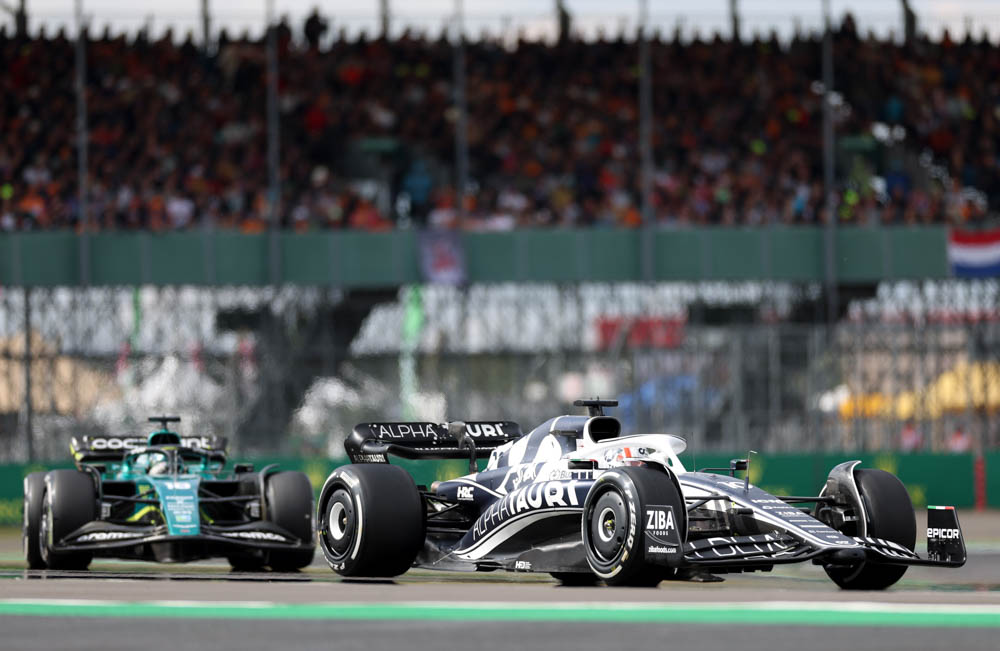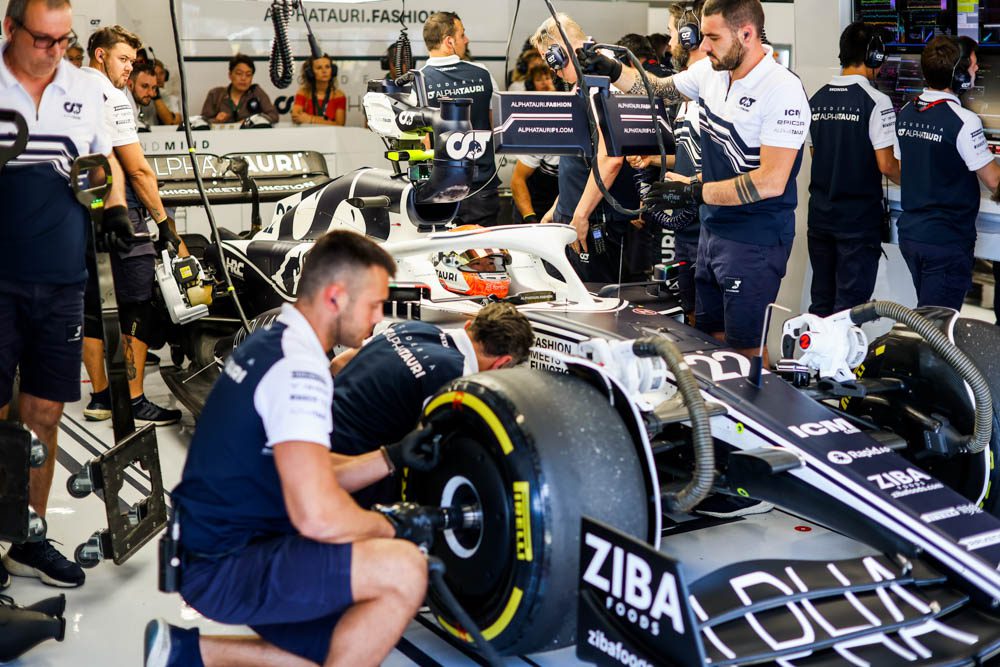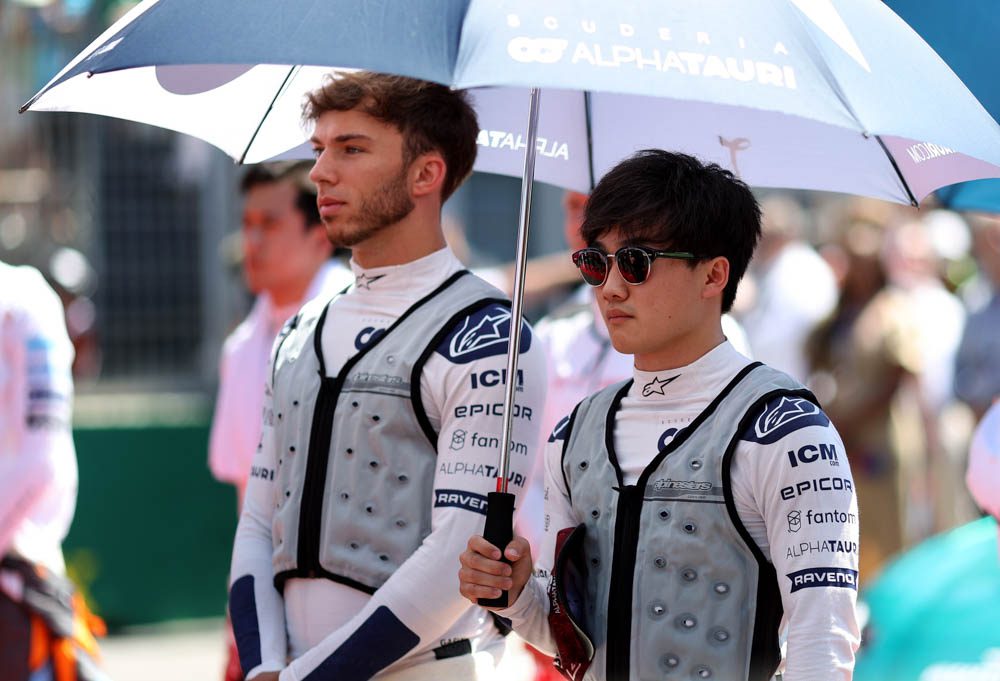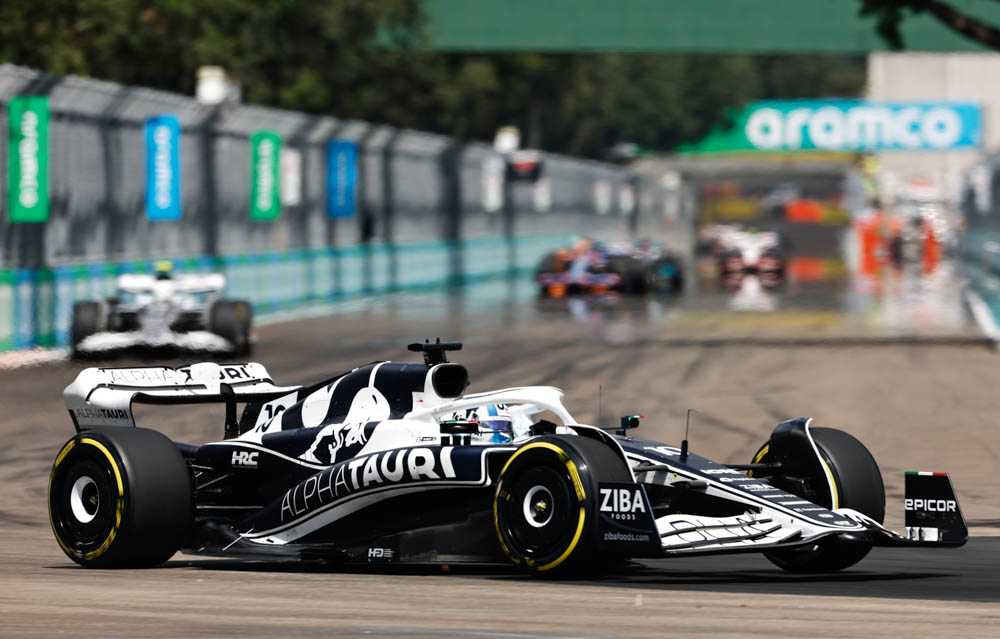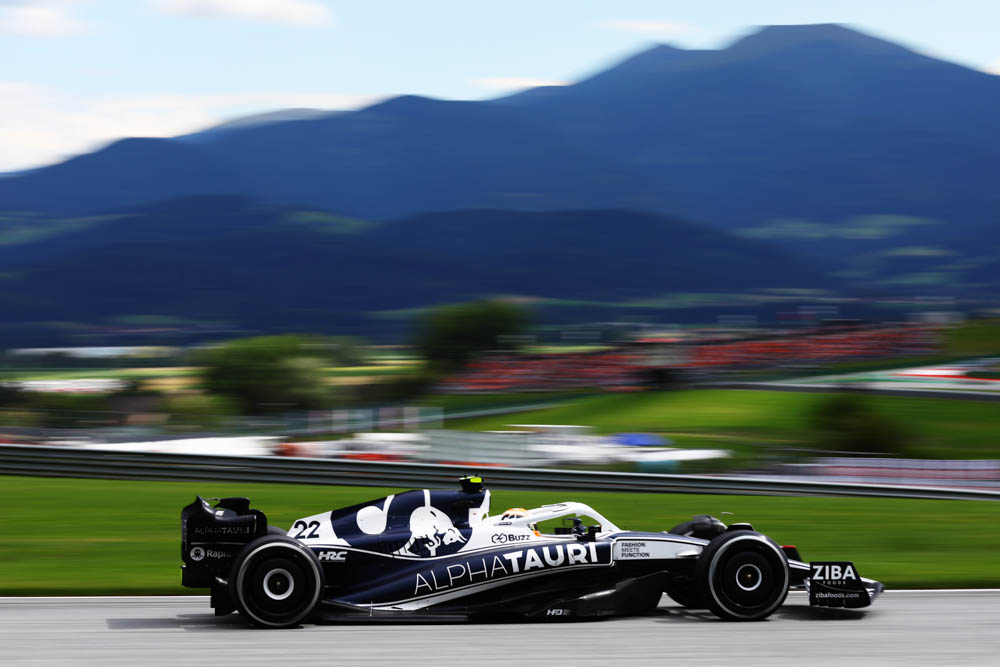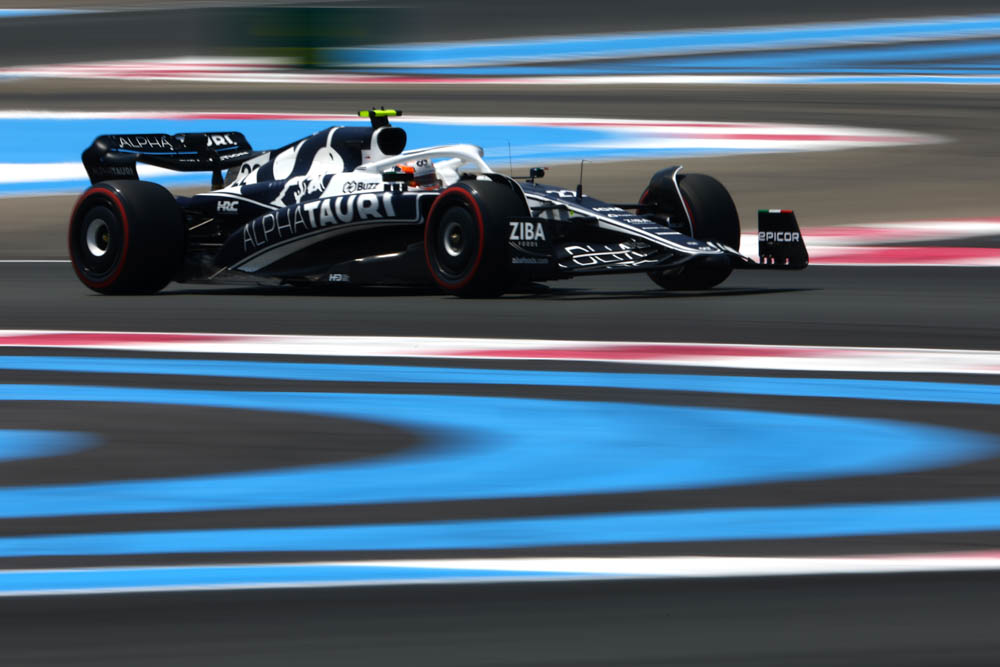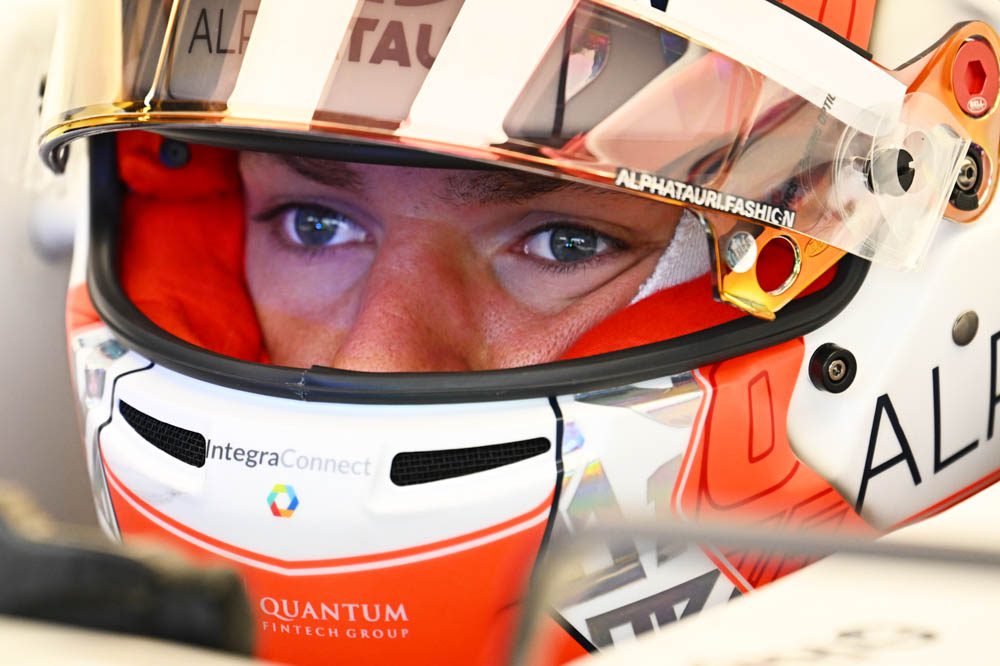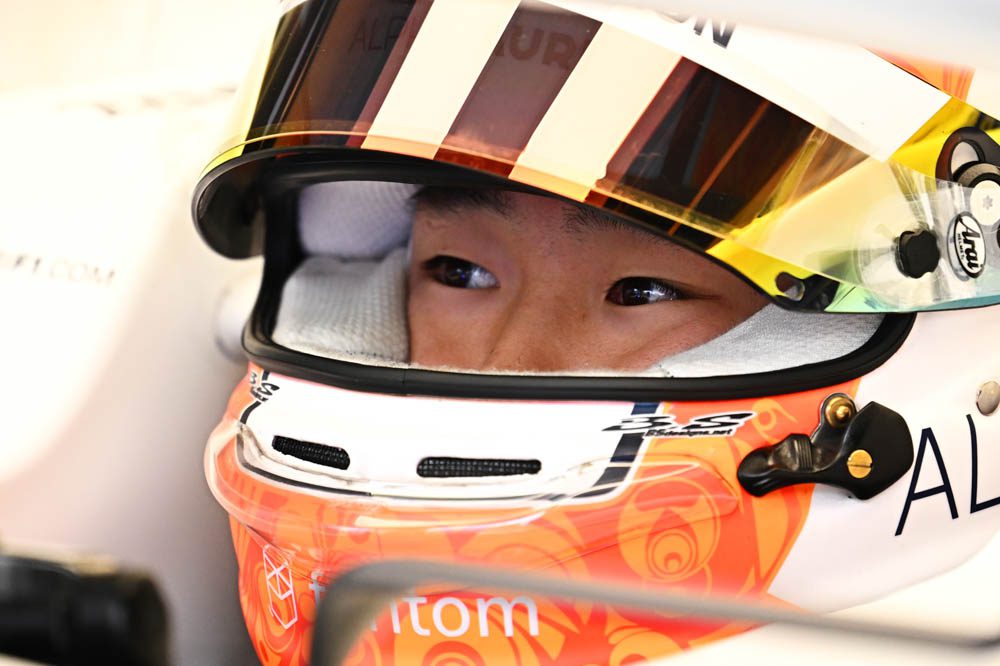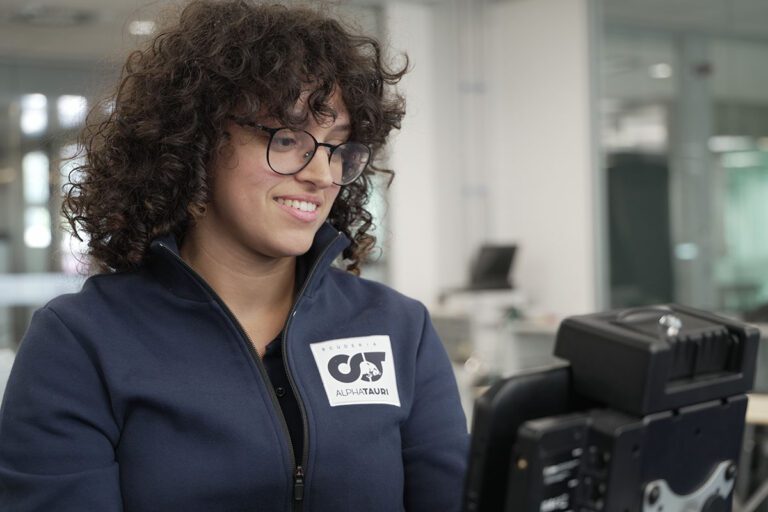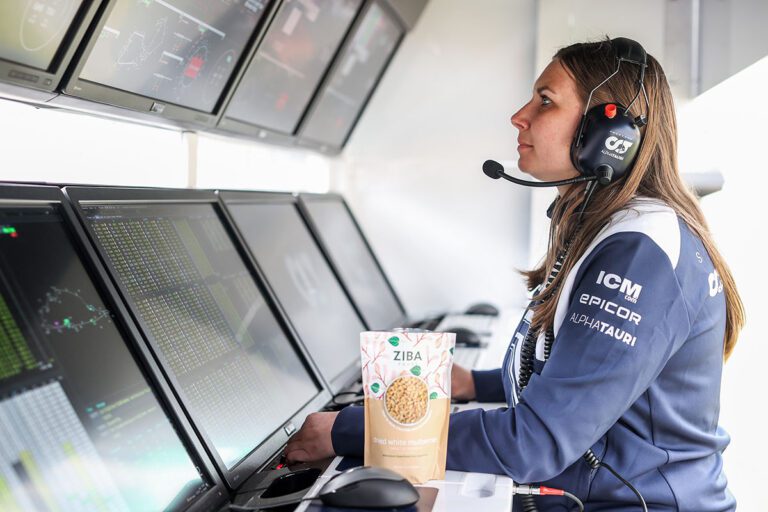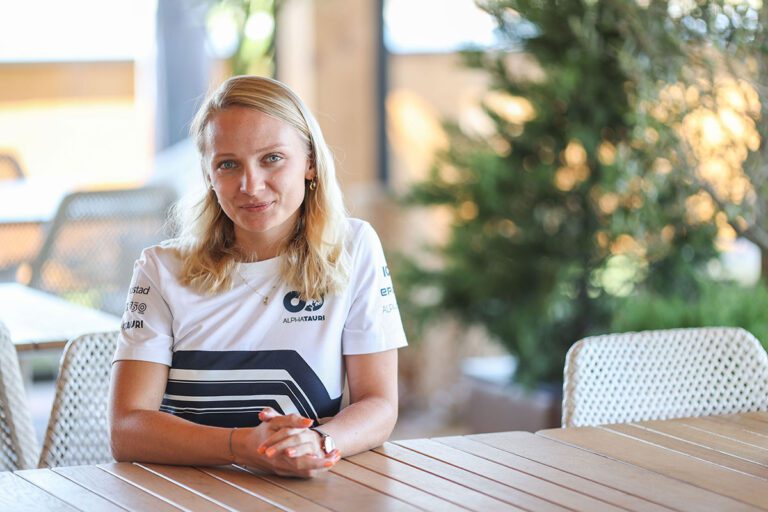Photo by Clive Rose/Getty Images
Official Partnership with
Scuderia AlphaTauri
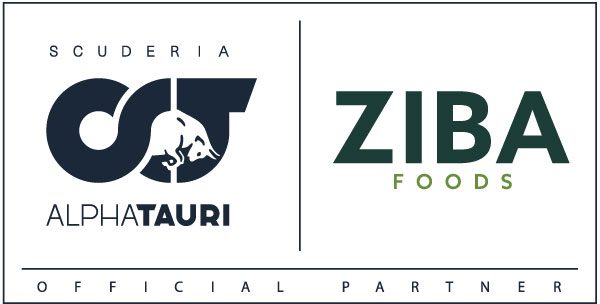
driven by excellence, innovation, and good health
We recently gained the support of an impact investor with a passion for social enterprise and motorsport. We’re thrilled to have been assigned an official partnership with Scuderia AlphaTauri for the 2022 Formula One™ season.
women in focus
As Ziba Foods a mission-led brand committed on the inclusion and development of women in the workforce across a variety of roles, we are happy to share with you interviews of three remarkable women at Scuderia AlphaTauri.
We sat down with Taylor, Carine, and Dominyka—who each hold integral positions in the Scuderia AlphaTauri team—for a candid conversation about what their roles entail and what it’s like to be a woman in a historically male-dominated sport. Their responses surprised us, and inspired us.
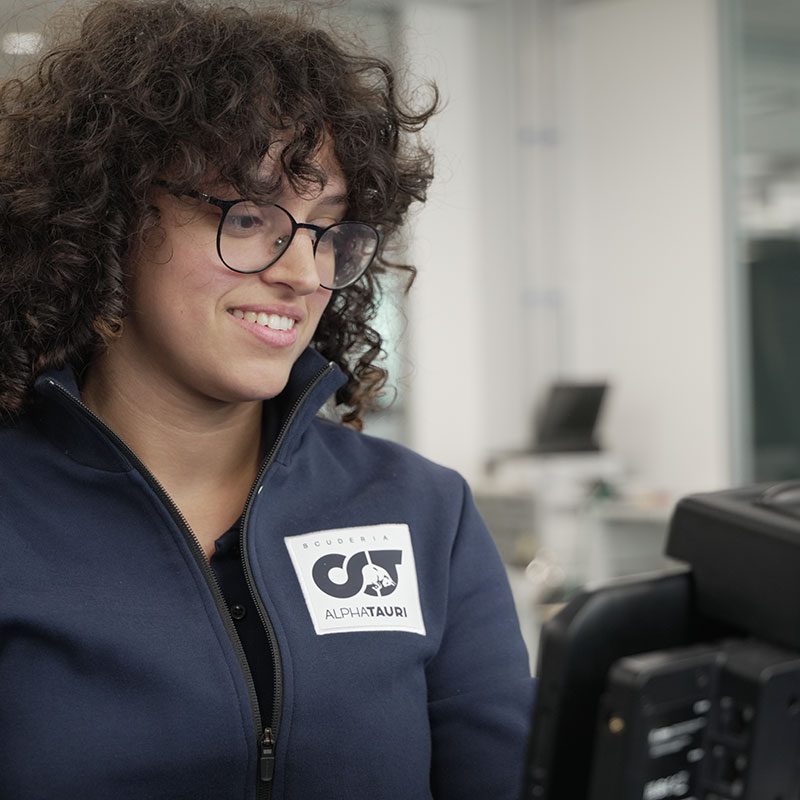


Taylor Rohn
QUALITY CHECKER, PRODUCTION
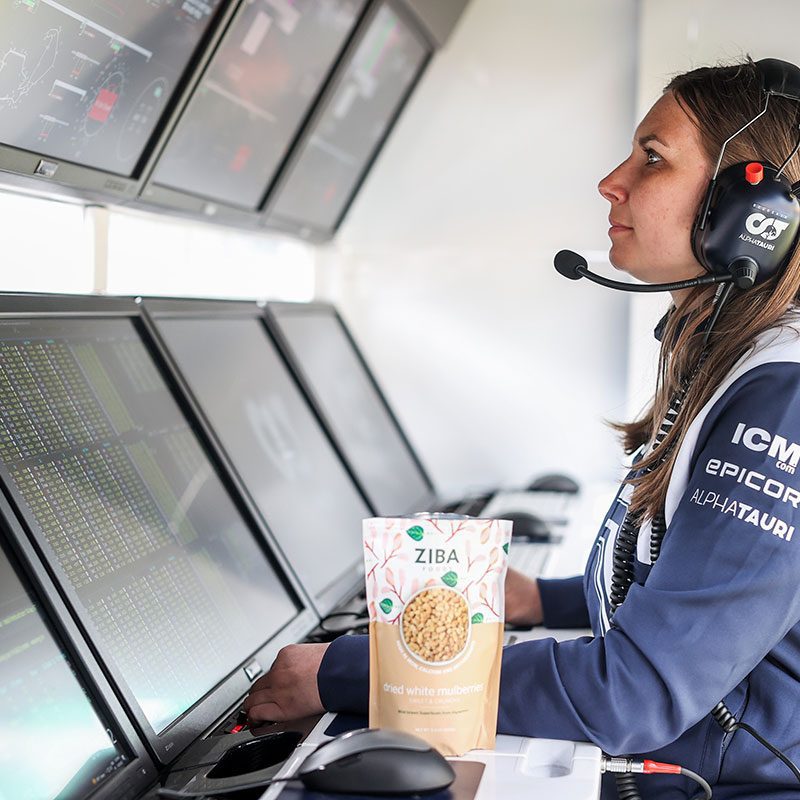


Carine Cridelich
TRACKSIDE STRATEGY ENGINEER
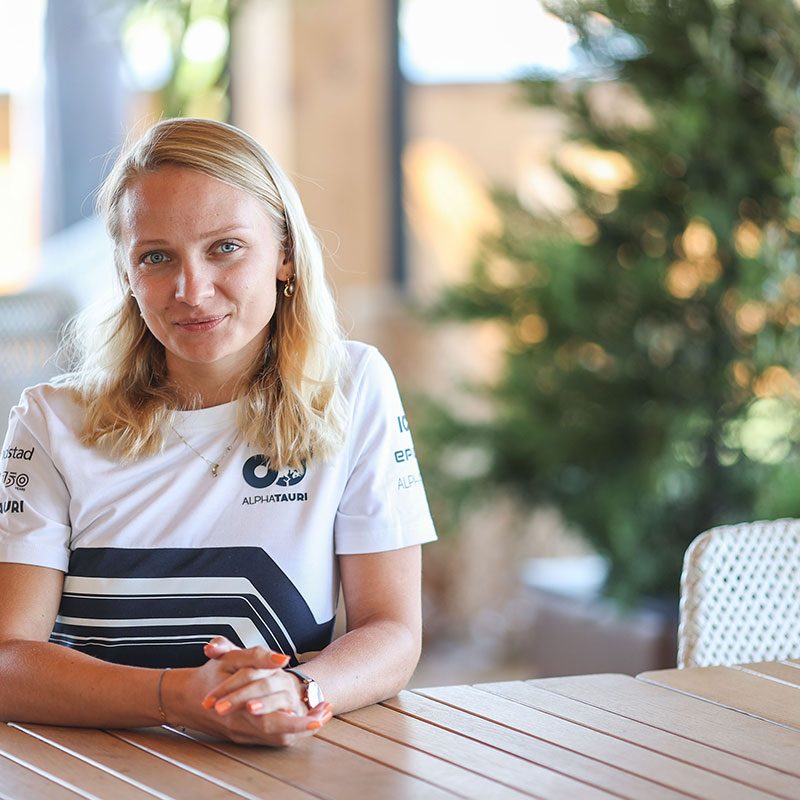


Dominyka Kukurtye
PARTNERSHIP MANAGER
